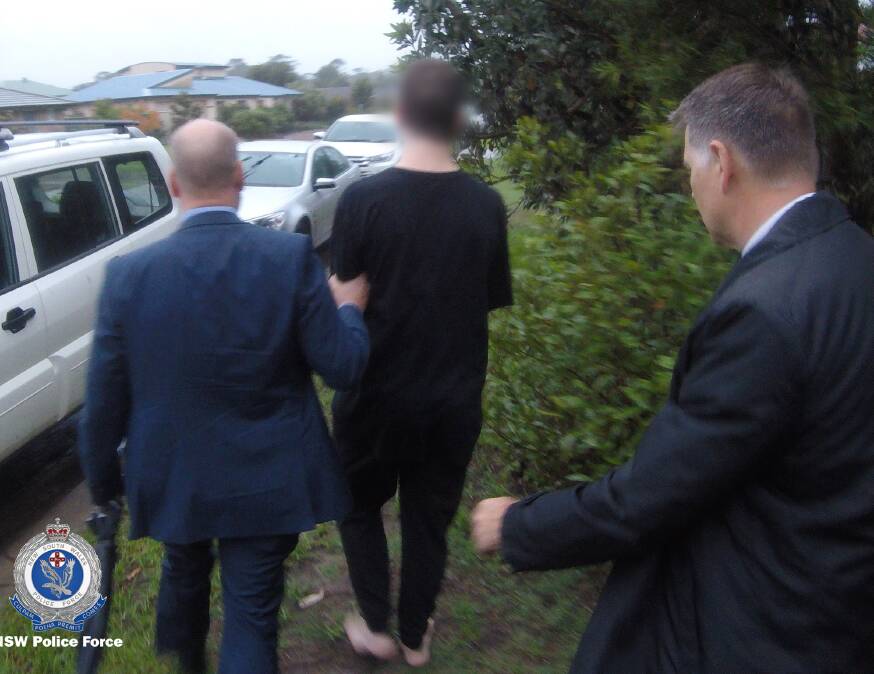
Auctioneer Peter Keeley could not have died from a drug overdose after being assaulted and found tied up on the NSW South Coast because he did not have a cardiac disease, the autopsy report author has told a court.
Two of the accused offenders, 17 at the time of the death in Broulee in early 2020, have pleaded not guilty to murdering the Canberra man.
During day three of their joint NSW Supreme Court trial on Wednesday, the court heard Mr Keeley was found to have 0.42 mg/L of methamphetamine in his blood after his death.
Dr Bernard I'Ons, who performed the autopsy, said "not at all" when asked by Crown prosecutor Nerissa Keay if he considered it a reasonable possibility that Mr Keeley, 56, died as a result of his meth ingestion.
Dr I'Ons said this was because Mr Keeley's heart was better than the average in his age range and because another potential cause of death was present.
He said he would still be cautious about attributing drug overdose as the cause even "if Mr Keeley was found dead and he had no injuries ... and all he had was methamphetamine in his blood".

The doctor, who concluded that the cause was craniofacial trauma with obstruction to the airway, said the substance in Mr Keeley's system was "present as a bystander".
"The concentration in the blood really doesn't matter when it comes to determining the cause of death," he said.
"Plenty of people are found to have died with very low concentrations ... then you have people well and truly alive at very high concentration levels."
Dr I'Ons said Mr Keeley being assaulted "may have raised his heart to maximum" already without the drug having any role.
During questioning by defence barrister Clive Steirn SC, Dr I'Ons said the substance could "cause death at any concentration" but that when it does, "generally speaking there needs to be an underlying substrate of cardiac disease".
Medical professor Johan Duflou, who gave concurrent evidence in court, disagreed with his industry colleague that the substance alone could not cause death.
He cited one of his co-authored research papers that involved more than 1000 cases in which meth overdose was found and accepted by coroners to be the cause of death.
Professor Duflou said the research literature shows that concentration levels between 0.4 mg/L and 0.5 mg/L "are repeatedly given" in the research as being the median.
"If you take that drug, you can overdose on the substance and if you overdose, you can die," he said.
"In this case, there's certainly enough there to overdose on the drug.
"It's smack bang in the middle of the overdose levels."
In relation to a research citation by Dr I'Ons, Professor Duflou said if that research suggested the substance could not kill by overdose unless there was heart disease, then "all I can say" was that the drug "must be an almost unique drug in this world".
He said such a suggestion was "implausible in the extreme".
However, he agreed with Dr I'Ons that many who died from overdosing on the substance had cardiac disease.
The two accused on trial, which continues before Justice Michael Walton, have pleaded guilty to aggravated kidnapping.
A third accused, also 17 at the time of the death, will face trial at a later date.







